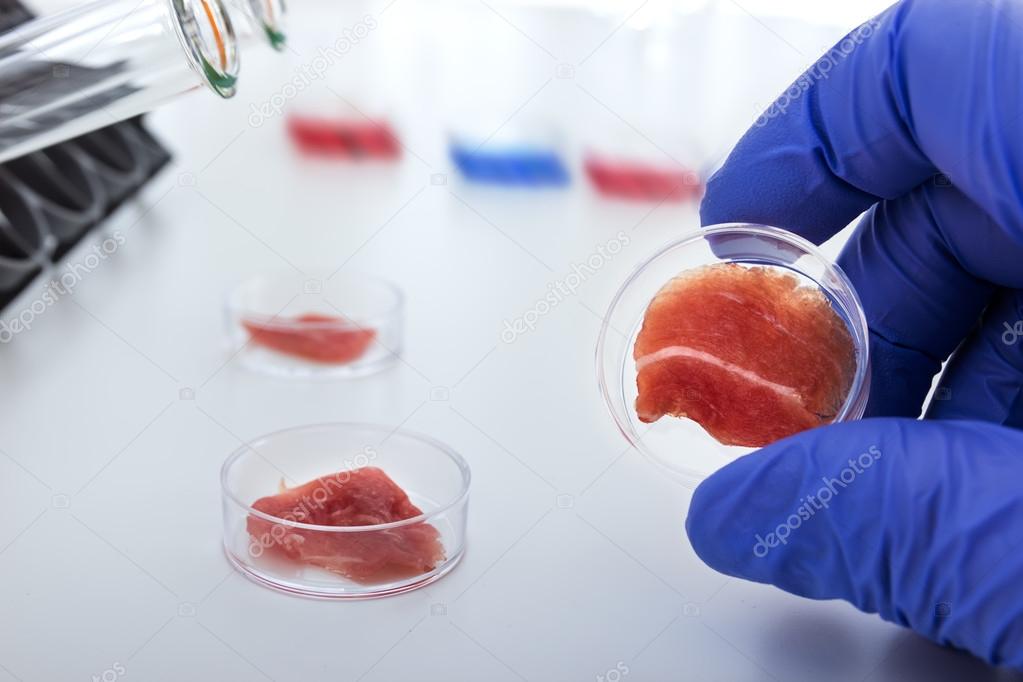Cultured meat—real animal flesh produced from in vitro cell cultures, without the need to raise animals—is now poised to become publicly available. Compared to conventional meat, cultured meat offers environmental benefits in its production using less water and yielding fewer greenhouse gas emissions. However, many people find cultured meat too disgusting to eat. Through three preregistered studies (total N = 1587), we investigated disgust toward cultured meat. An estimated 35% of meat-eaters and 55% of vegetarians felt too disgusted by cultured meat to try eating it. Perceiving cultured meat as unnatural predicted more disgust among both vegetarians and meat-eaters. Meanwhile, perceiving cultured meat as resembling animal flesh predicted less disgust among meat-eaters but more disgust among vegetarians. Experimentally framing cultured meat as resembling animal flesh decreased disgust among meat-eaters but not among vegetarians. These findings can guide efforts to improve consumer acceptance of cultured meat.
Synthetic (Cultured) Meat Market To See Stunning Growth by 2030
The report attempts to offer high-quality and accurate analysis of the global Disinfection Baths Market, keeping in view market forecasts, competitive intelligence, and technological risks and advancements, and other important subjects. Its...








